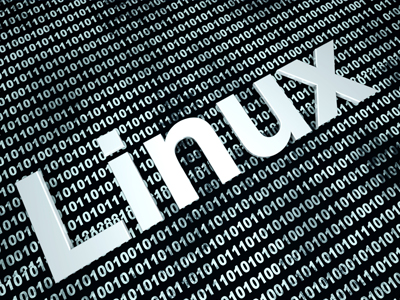Hardware is a solid foundation, but what makes workloads work is the softer, software foundation of the operating system. Your data center team will have opinions that you should listen to. What about your DevOps team? Does the operating system matter for what they do? The answer is yes, and after talking to DevOps, you may want to choose Linux.
Linux Philosophy Matches DevOps Goals
A DevOps team’s goals will shape their opinions about operating systems. Take a moment to remember what those goals are: delivering applications fast and ensuring problem-free performance in production. The environment needs to scale easily. It also has to run reliably and provide monitoring that identifies problems early, keeps them small, and allows them to be fixed first. They typically rely on continuous integration and continuous delivery to ensure a rapid but steady stream of releases. DevOps teams rely on high levels of automation to achieve these goals. Specialized tools for configuration management, testing, and deployment enable DevOps to perform their work.
Any good operating system is designed around a particular philosophy of how systems should behave. In Linux, the driving philosophy is that systems should be scalable and customizable. This philosophy gives DevOps flexibility in how the underlying operating system’s features can be used to support security and other application requirements.
Benefits Beyond Mind-set
This match of goals and philosophy means that DevOps teams that use Linux have an easier time getting their jobs done, making application delivery smoother. In addition, they experience these benefits:
• Customize Linux to match workflow. Because Linux is so customizable, DevOps teams have the flexibility to set up the environment and adapt it to their workflow and security strategies.
• Simple package management. The package management systems on Linux deployments make it easy to install necessary tools.
• Protection against malware. There is not nearly as much malware targeting Linux platforms as there is targeting Windows environments. This means that both development/test and production environments experience lower risk and reduced downtime that affects product delivery and the user experience.
• Scalability. Being able to scale easily is what allows DevOps to continue delivering new versions rapidly. Linux is scalable by design, and can run on tiny IoT devices and high-powered servers. This means applications are easily runnable on different platforms.
Because of its flexibility and scalability, Linux allows DevOps team to create a working environment that works for them. They’re empowered by the operating system rather than constricted by it.
VAST IT Services helps IT teams leverage the benefits of Oracle Linux. With the flexibility of Linux and a design engineered towards the cloud, Oracle Linux enables DevOps teams to achieve powerful levels of agility in the cloud. Contact VAST IT Services to learn more.



